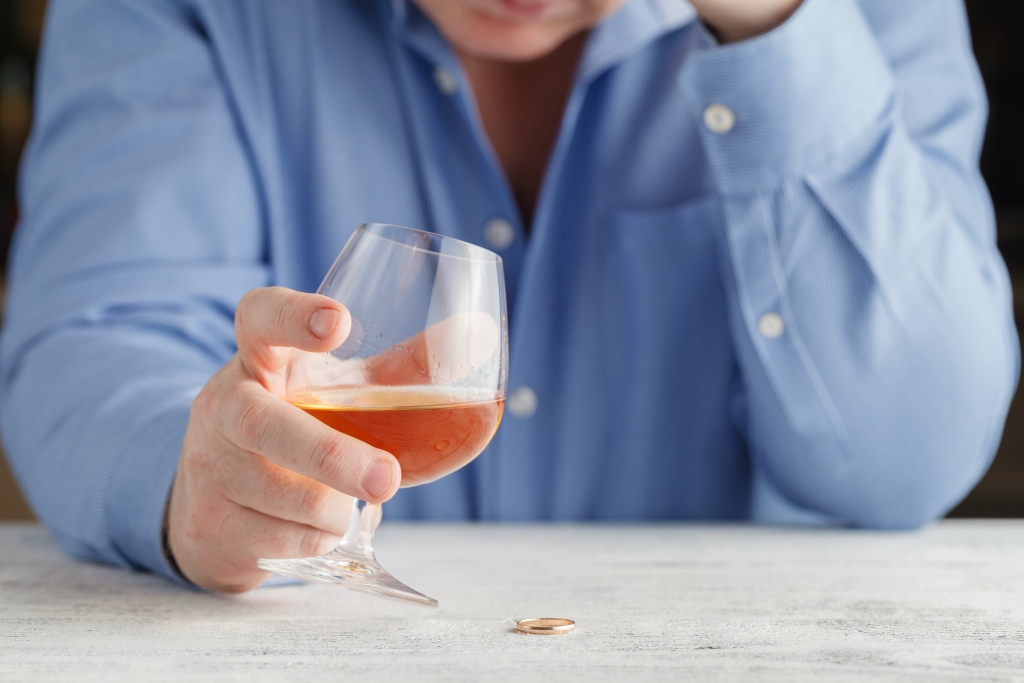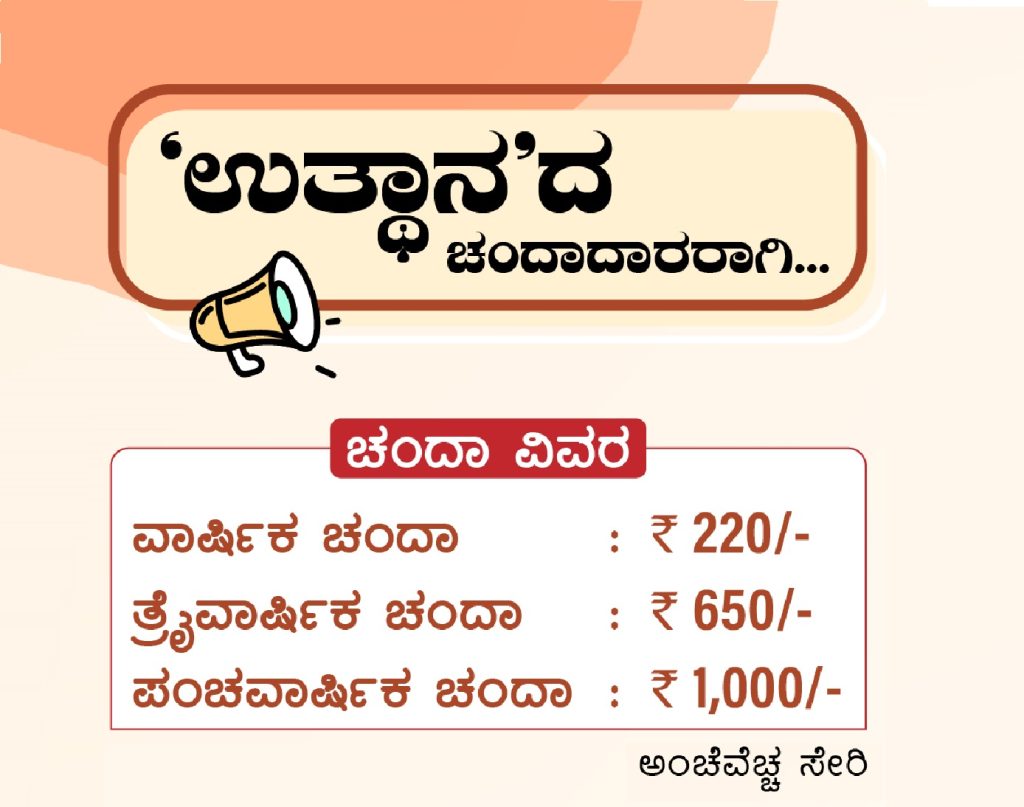If your loved one is not ready to seek addiction treatment, set healthy boundaries so that you are not enabling their addiction. Enabling can include helping with rent, buying them food, providing babysitting services, or making excuses for them to relatives, friends, employers, etc. Remember that addiction is a sickness and do not fall into a routine of helping them buy more drugs.

Because marijuana use impairs the area of the brain responsible for motivation, it is often challenging for users to be sufficiently self-motivated to quit using the drug. For this reason, motivational enhancement therapy (MET), which rewards abstinence with money for goods or services, and motivational interviewing principles are two approaches often incorporated into the recovery plan. Caplan said that instead of the harsh effects of opioid addiction, people treated with cannabis experience a gentler, more manageable form of relief, over which they have a stronger sense of control. The subjects were monitored for an average of 10 months for non-medical opioid use, including those not prescribed to the individuals, taking more medication than prescribed, and using the drugs without a prescription.
Family and Children’s Programs
About 1 in 10 people who use marijuana will become addicted; when they start using before the age of 18, the number increases to 1 in 6. A number of the effects mentioned above may develop or worsen over time and become long term effects of Marijuana with prolonged use. If you believe you or a loved one are suffering from more serious side effects or overdose, dial immediately and not an addiction abuse hotline. Self-help strategies are important, but sometimes you might need a helping hand.

Quitting weed can be overwhelming, and the stress can cause you to relapse. Breaking out of a habit is easier if you establish a new routine. marijuana addiction The best way to keep your mind off marijuana is to keep yourself busy. Knowing things will get tough before they get better is important.
How do you cut back an addiction?
As mentioned, people who smoke weed regularly may develop significant cannabis dependence. Once this develops, quitting marijuana may result in several uncomfortable experiences, including cravings and turbulent moods. Trying to quit on your own is possible, but it can be challenging without the accountability, support, and guidance of professional treatment. To quit smoking marijuana, you may benefit from the supervision and care provided through a marijuana addiction treatment program. Individuals who are addicted to cannabis may experience symptoms of withdrawal when attempting to stop using the drug. Long-term users who try to quit report withdrawal symptoms such as irritability, sleeplessness, decreased appetite, anxiety and drug craving–all of which can make it difficult to abstain.

Remember, you too deserve love, care, and compassion in this process. Like pieces of a puzzle, signs of this drug addiction can come together to form a clear picture. Keep an eye out for behavioral, physical, and emotional changes. While cannabis use is often touted as a harmless drug, it can be an addictive substance and have serious negative consequences for those who use it.
Build a support system
By doing this, you’ll be better prepared mentally and can plan how you will deal with these symptoms. Once you decide to stop smoking weed, your first decision is to pick which approach is right for https://ecosoberhouse.com/article/meditation-for-addiction-recovery-methods-and-techniques/ you and your needs. While some people may find giving up marijuana easier than others, your own experience may depend on whether you have developed a dependence or addiction to the substance.
- Plants are often cultivated to contain up to 3 times the levels of THC once present, which can have dangerous effects on the brain and other body systems.
- If your loved one is not ready to seek addiction treatment, set healthy boundaries so that you are not enabling their addiction.
- Since many of these withdrawal symptoms mimic warning signs of other conditions and problems, an expert assessment by an addiction professional is necessary to determine whether marijuana withdrawal is the cause.






